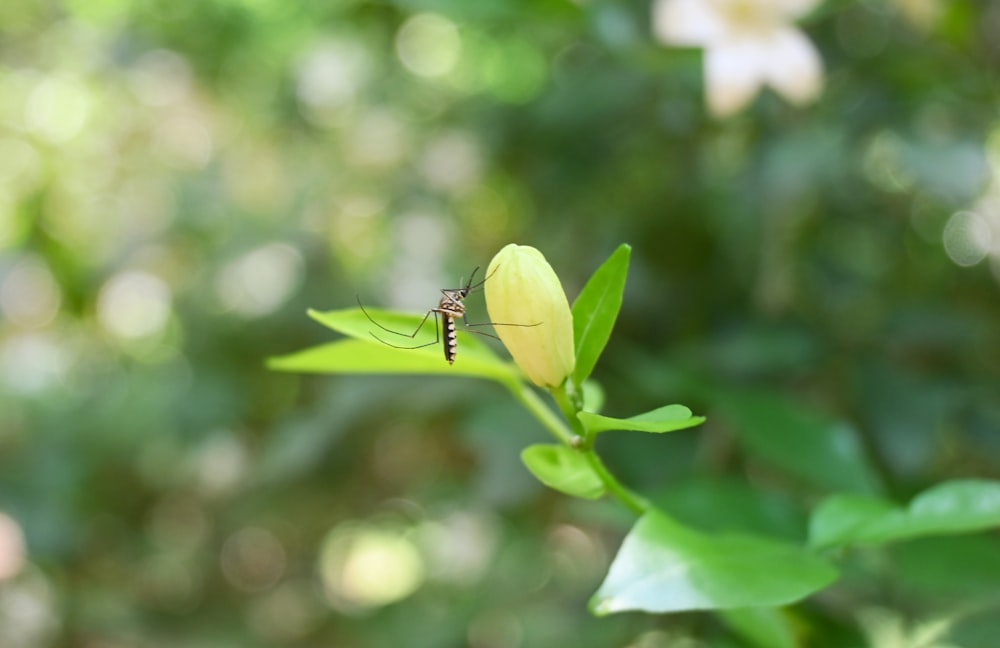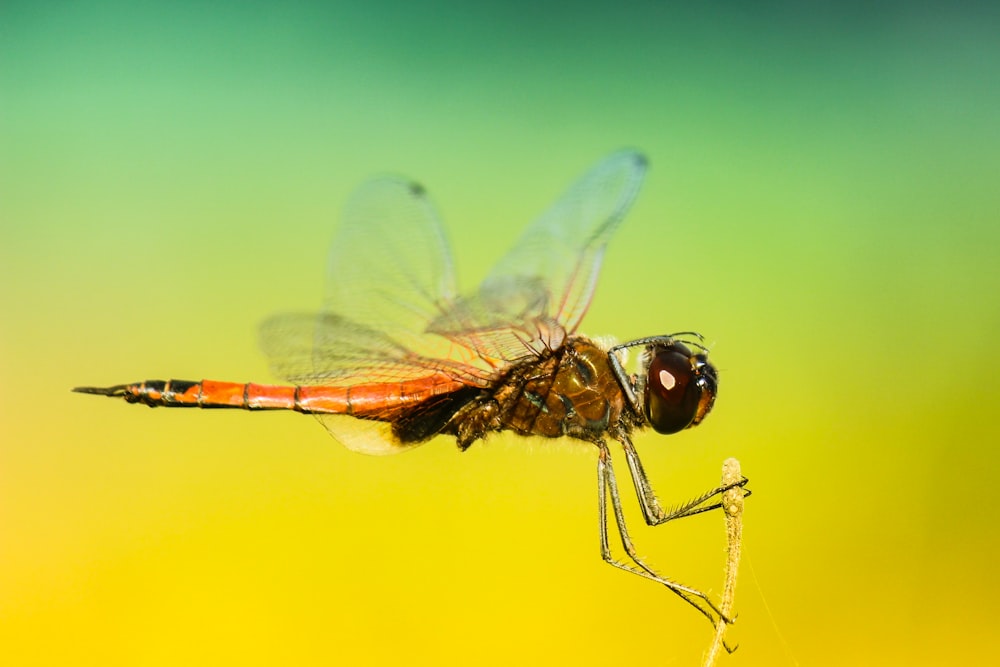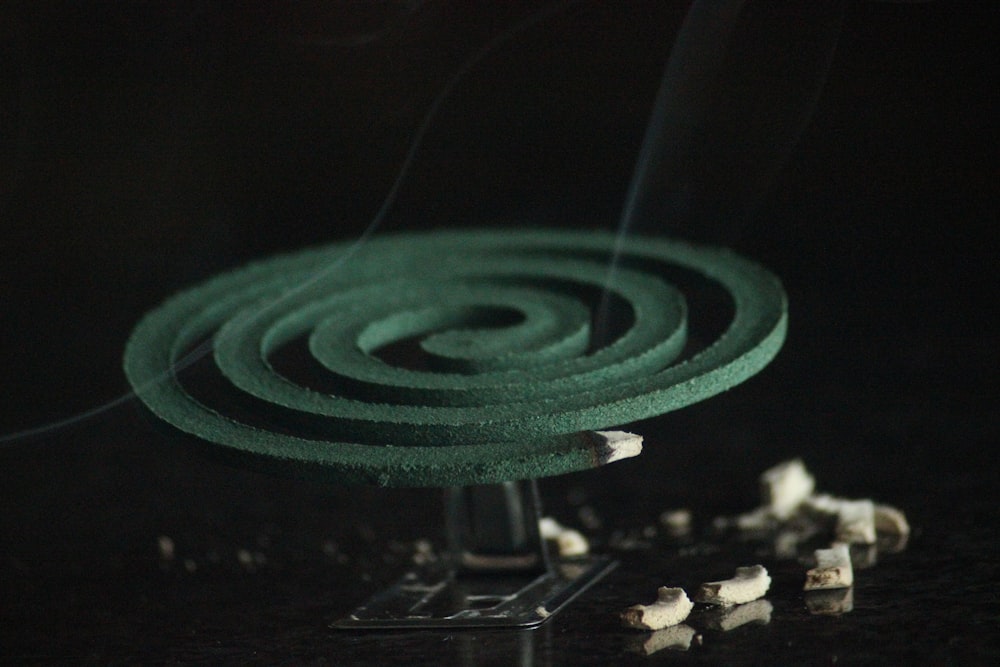Summer is here, and along with the warm weather and outdoor adventures comes an unwelcome guest: mosquitoes. These tiny insects might seem harmless at first glance, but their itchy bites can quickly put a damper on your summer fun. Luckily, there are ways to take back control of your summer and keep those pesky mosquitoes at bay. In this ultimate guide to mosquito control, we will explore the different types of mosquitoes, their life cycle, what attracts them, how to prevent mosquito bites, and most importantly, how to get rid of these bothersome bugs once and for all! So grab your bug spray and let's dive into the world of mosquito control.
The Different Types of Mosquitoes
Mosquitoes come in various shapes and sizes, but did you know that there are over 3,500 different species of these blood-sucking insects? While they might all share a common purpose – to feed on the blood of humans and animals – each species has its own unique characteristics.
One well-known type is the Aedes mosquito. These pesky creatures are responsible for spreading diseases such as dengue fever, Zika virus, and chikungunya. They tend to be active during the day and can be found in urban areas where they breed in standing water sources like flower pots or discarded tires.
Another notorious mosquito is the Anopheles mosquito. This particular species is known for transmitting malaria, a life-threatening disease that affects millions of people worldwide. Unlike other mosquitoes, Anopheles mosquitoes are most active during dusk and dawn.
Culex mosquitoes are another common type found in many parts of the world. These mosquitoes primarily transmit West Nile virus and can also carry other diseases such as encephalitis. Culex mosquitoes prefer breeding in stagnant water sources like bird baths or neglected pools.
While these three types represent just a fraction of the diverse world of mosquitoes, it's important to understand their differences to better combat them effectively. By identifying which types are prevalent in your area, you can implement targeted control measures for a mosquito-free summer!
The Life Cycle of a Mosquito
When it comes to dealing with mosquitoes, understanding their life cycle can be crucial in developing effective mosquito control strategies. Mosquitoes undergo a fascinating metamorphosis, progressing through four distinct stages: egg, larva, pupa, and adult.
The life cycle begins when a female mosquito lays her eggs on or near standing water. These tiny eggs are usually laid in clusters and can number anywhere from dozens to hundreds. Within a few days, the larvae hatch from the eggs and begin their development in the water.
Mosquito larvae are commonly referred to as "wrigglers" due to their distinctive wriggling movement. They spend this stage of their lives feeding on organic matter in the water while they grow and develop. Larvae go through several molts before transforming into pupae.
During the pupal stage, mosquitoes do not feed but instead undergo dramatic changes inside their protective casing known as an exoskeleton. This transformation prepares them for adulthood by reshaping various body parts and organs.
After a few days as pupae, adult mosquitoes emerge from the water's surface fully developed with wings ready for flight. The males typically emerge first and wait around for females to join them in search of mates.
Once mated, female mosquitoes require blood meals to provide essential nutrients for egg development. They locate hosts by detecting carbon dioxide emissions along with other chemical signals emitted by warm-blooded animals including humans.
Understanding these different stages of mosquito development is critical for effective mosquito control measures such as eliminating breeding grounds like stagnant water sources or using insecticides that target specific life cycle stages.
The Different Stages of a Mosquito's Life
The life cycle of a mosquito is truly fascinating. These pesky insects go through several stages before they become the annoying bloodsuckers we all know and dislike.
It all starts with an egg. Female mosquitoes lay their eggs in standing water, such as ponds, birdbaths, or even puddles left after rain showers. The eggs are tiny and usually attached together to form rafts that float on the water's surface.
After a few days, the eggs hatch into larvae, also known as wigglers. Larvae live in the water and feed on organic matter present in their surroundings. They breathe through tubes called siphons that extend above the water's surface.
As larvae mature, they enter the pupa stage. During this stage, they don't eat but instead undergo dramatic changes inside their cocoons-like structures called pupae. Inside these pupae, mosquito bodies transform from larval forms into adult forms.
Adult mosquitoes emerge from their pupal cases and take flight for the first time! It is at this point that female mosquitoes start looking for blood meals to nourish their developing eggs.
Understanding these different stages of a mosquito's life can help us better control them by targeting specific areas where they breed and grow. By eliminating standing water sources around your home and using appropriate preventive measures like screens or repellents when outdoors during peak mosquito activity times (dusk and dawn), you can significantly reduce your exposure to these annoying pests!
What attracts mosquitoes?
Mosquitoes are pesky little creatures that can turn a beautiful summer evening into an itchy nightmare. But have you ever wondered why they seem to be drawn to certain people more than others? It turns out, there are several factors that attract mosquitoes and make you their prime target.
One of the main things that attracts mosquitoes is body odor. They're attracted to the carbon dioxide we exhale, as well as other chemicals in our sweat and breath. This is why some people seem to get bitten more frequently than others - their body chemistry simply makes them irresistible to these tiny bloodsuckers.
But it's not just body odor that attracts mosquitoes. They're also attracted to heat and moisture, which is why they tend to swarm around sweaty bodies or areas of high humidity. Additionally, wearing dark-colored clothing can make you more appealing to mosquitoes because they're drawn to contrasts in color.
Certain scents can also attract mosquitoes, such as perfumes, lotions, and even certain types of soaps or shampoos. And if you've been enjoying a few drinks at your summer barbecue, be warned - alcohol consumption can actually increase your attractiveness to these annoying insects.
So what can you do to avoid becoming a mosquito magnet? One simple step is to eliminate sources of standing water around your home, as this is where mosquitoes lay their eggs. Keep gutters clean and free-flowing, empty any containers that collect rainwater, and regularly change the water in bird baths or pet bowls.
You should also consider wearing light-colored clothing when spending time outdoors during peak mosquito hours (typically dawn and dusk). Mosquito repellents containing DEET or other effective ingredients can provide an extra layer of protection against bites.
In conclusion... sorry! My apologies for almost slipping into a conclusive tone there! However, now armed with this knowledge about what attracts those buzzing pests known as mosquitoes, you'll be better equipped for taking back control of your summer. Stay proactive in preventing mosquito bites, and enjoy the great outdoors
How to prevent mosquito bites
Mosquitoes are not just annoying, but they can also be carriers of dangerous diseases like malaria, dengue fever, and Zika virus. It's essential to take measures to prevent mosquito bites and protect yourself and your loved ones from these pesky insects.
Try to limit your exposure to mosquitoes by avoiding outdoor activities during their peak feeding times, which are usually dawn and dusk. If you must go outside during these times, make sure to wear long-sleeved shirts, long pants, socks, and closed-toe shoes. This will provide an additional barrier between you and the mosquitoes.
Use mosquito repellents that contain DEET or other EPA-approved ingredients. Apply it generously on all exposed skin areas to ensure maximum protection. Remember to reapply if you're sweating heavily or after swimming.
Additionally, create a mosquito-free environment around your home by eliminating any standing water sources where mosquitoes breed. Empty flower pots or trays regularly and keep gutters clean from debris that can collect rainwater. Install screens on windows and doors to prevent them from entering your home.
Furthermore, consider using citronella candles or torches in outdoor areas where you spend time frequently as they act as a natural deterrent for mosquitoes.
Educate yourself about the specific types of mosquitoes prevalent in your area so that you can take targeted preventive measures accordingly.
By following these simple yet effective strategies, you can significantly reduce the risk of getting bitten by mosquitoes while enjoying the outdoors this summer!
How to get rid of mosquitoes
Mosquitoes, those pesky little bloodsuckers that can quickly ruin your summer fun. But fear not! There are effective ways to get rid of these unwelcome guests and reclaim your outdoor space.
First and foremost, eliminate any standing water around your property. Mosquitoes lay their eggs in stagnant water, so removing potential breeding grounds is crucial. Empty bird baths, flower pots, and gutters regularly to prevent water from accumulating.
Invest in mosquito repellent products such as sprays or lotions containing DEET or picaridin. These will provide a barrier between you and the mosquitoes, reducing the chances of getting bitten.
Consider using mosquito traps or zappers to catch adult mosquitoes. These devices use attractants like carbon dioxide or UV light to lure them in before trapping or electrocuting them.
Maintain a well-trimmed yard by regularly mowing the lawn and cutting back overgrown vegetation. This will reduce hiding places for mosquitoes during the day when they are less active.
Install screens on windows and doors to keep mosquitoes out of your home. Repair any tears or holes in existing screens to ensure they remain effective at keeping these pests at bay.
If all else fails, consider seeking professional help from a pest control company specializing in mosquito control treatments. They have access to more potent insecticides that can effectively eliminate mosquito populations around your property.
Remember that prevention is key when it comes to controlling mosquitoes. By taking proactive steps like eliminating breeding sites and protecting yourself with repellents, you'll be able to enjoy a mosquito-free summer season!
So go ahead and take back control of your outdoor space from these buzzing nuisances – because there's no need for mosquitoes to rain on your parade!
Conclusion
Taking control of mosquitoes during the summer is essential for enjoying outdoor activities and protecting yourself and your loved ones from mosquito-borne diseases. By understanding the different types of mosquitoes, their life cycle, and what attracts them, you can effectively prevent bites and reduce their population around your home.
Remember that prevention is key when it comes to mosquito control. Implementing simple measures such as removing standing water sources, using repellents, wearing protective clothing, and keeping your surroundings clean can go a long way in minimizing mosquito populations.
If you still find yourself dealing with persistent mosquitoes despite preventive efforts, there are various methods available to get rid of them. From insecticide sprays to professional pest control services, choose the option that suits your needs best.
So don't let those buzzing nuisances ruin your summer fun! Take back control over mosquitoes today and make this season one to remember for all the right reasons. Stay safe, stay protected!
Visit for Expert Pest Solutions in Melbourne: Mosquito Control Melbourne



